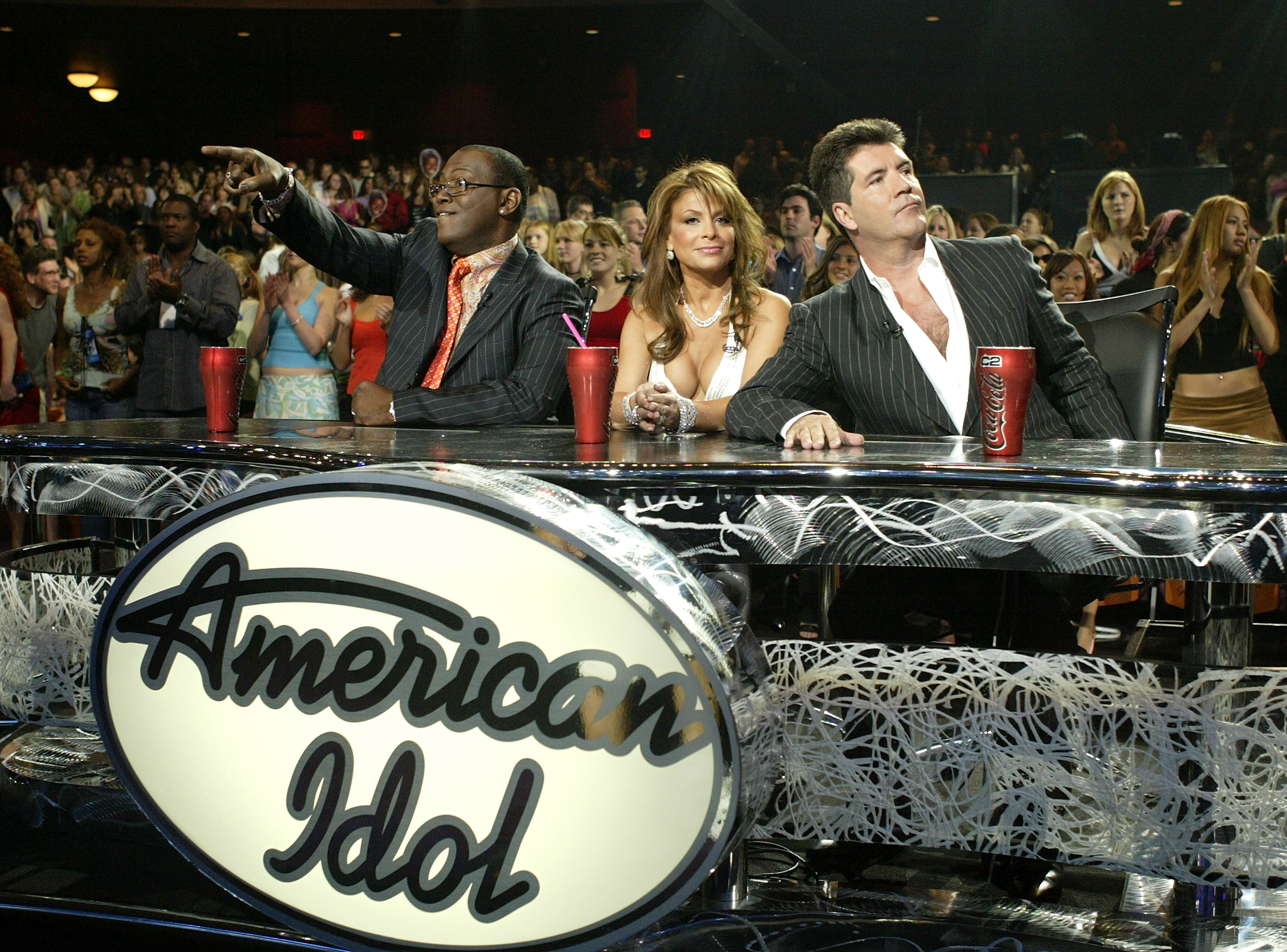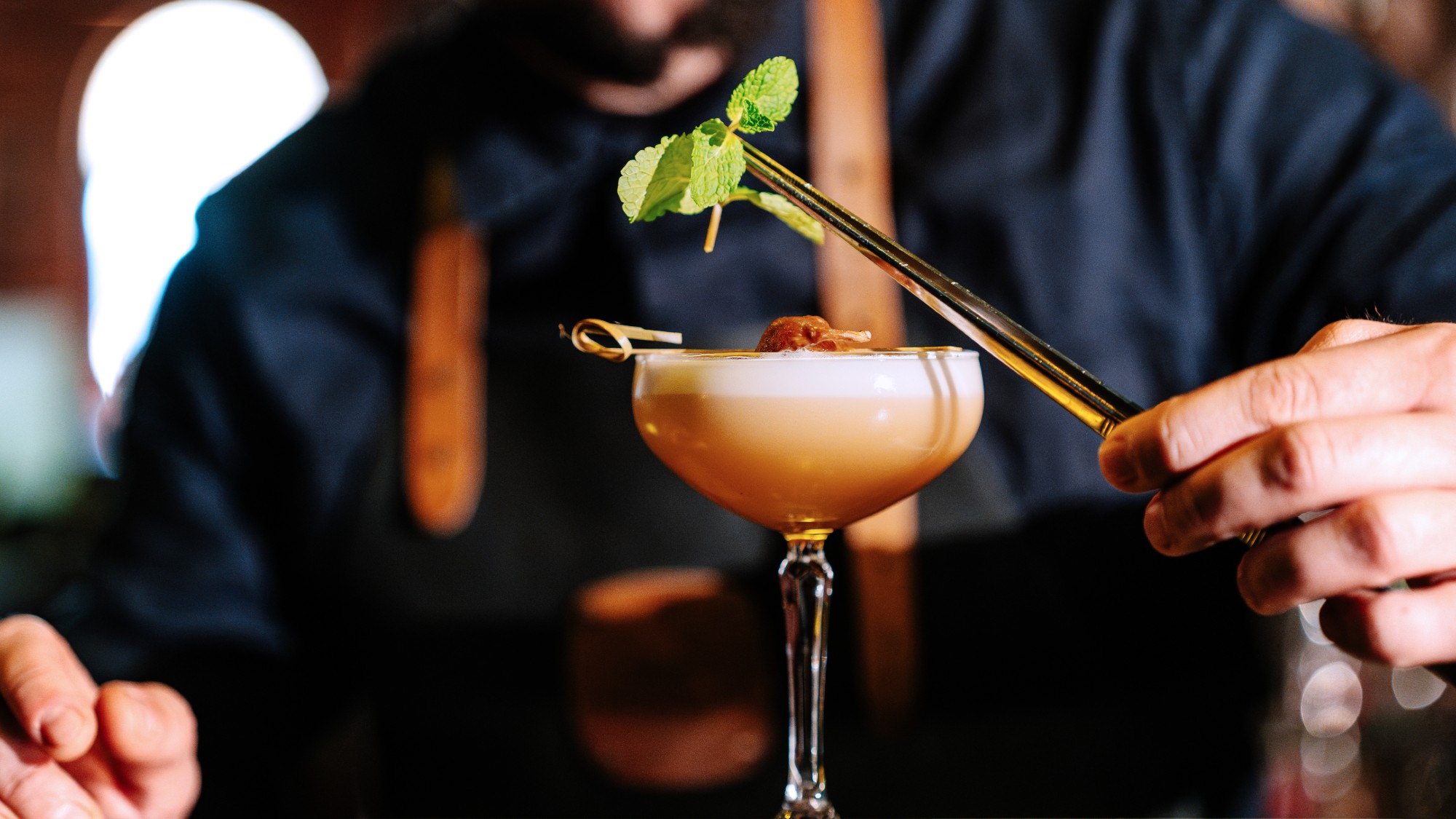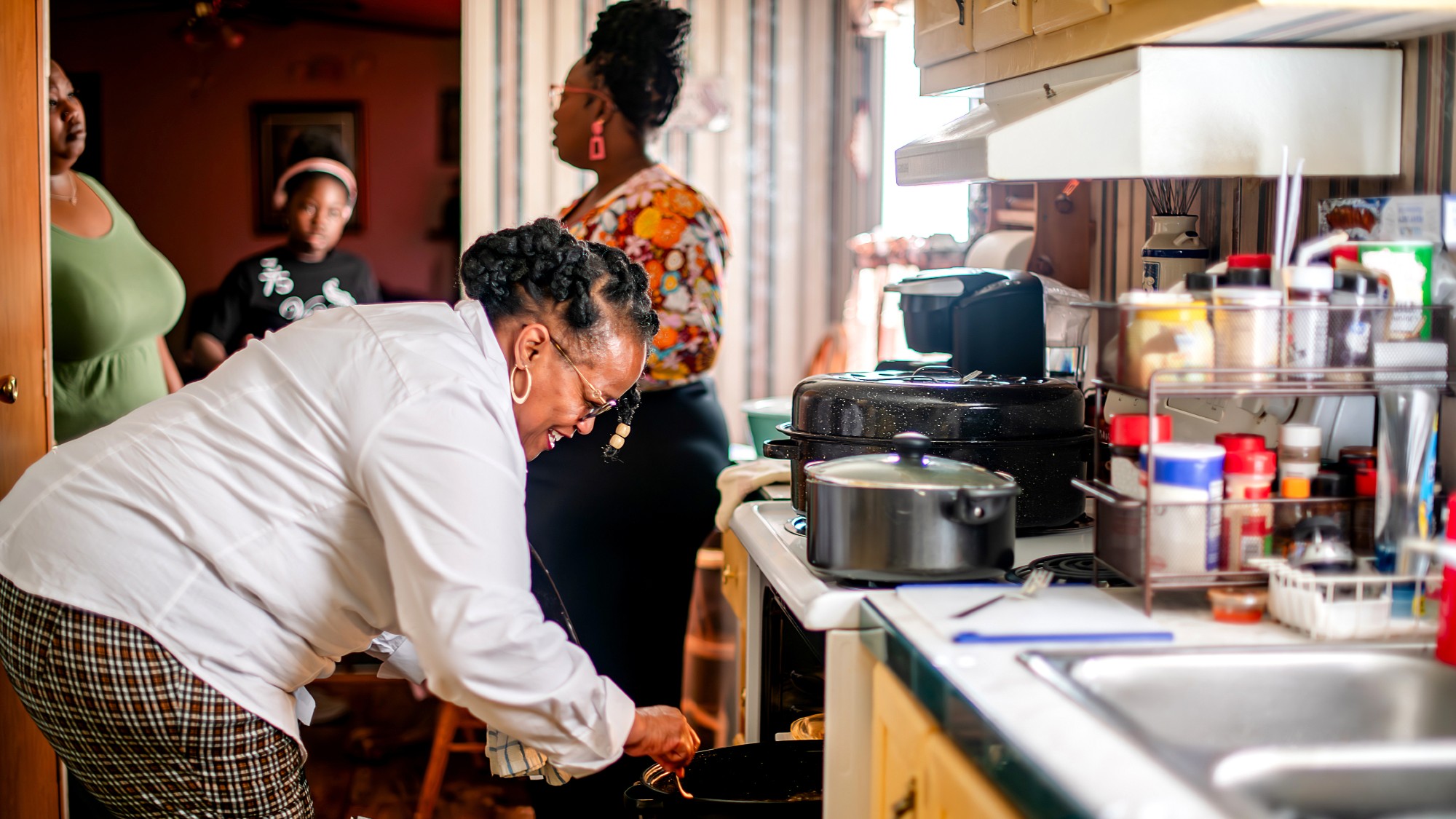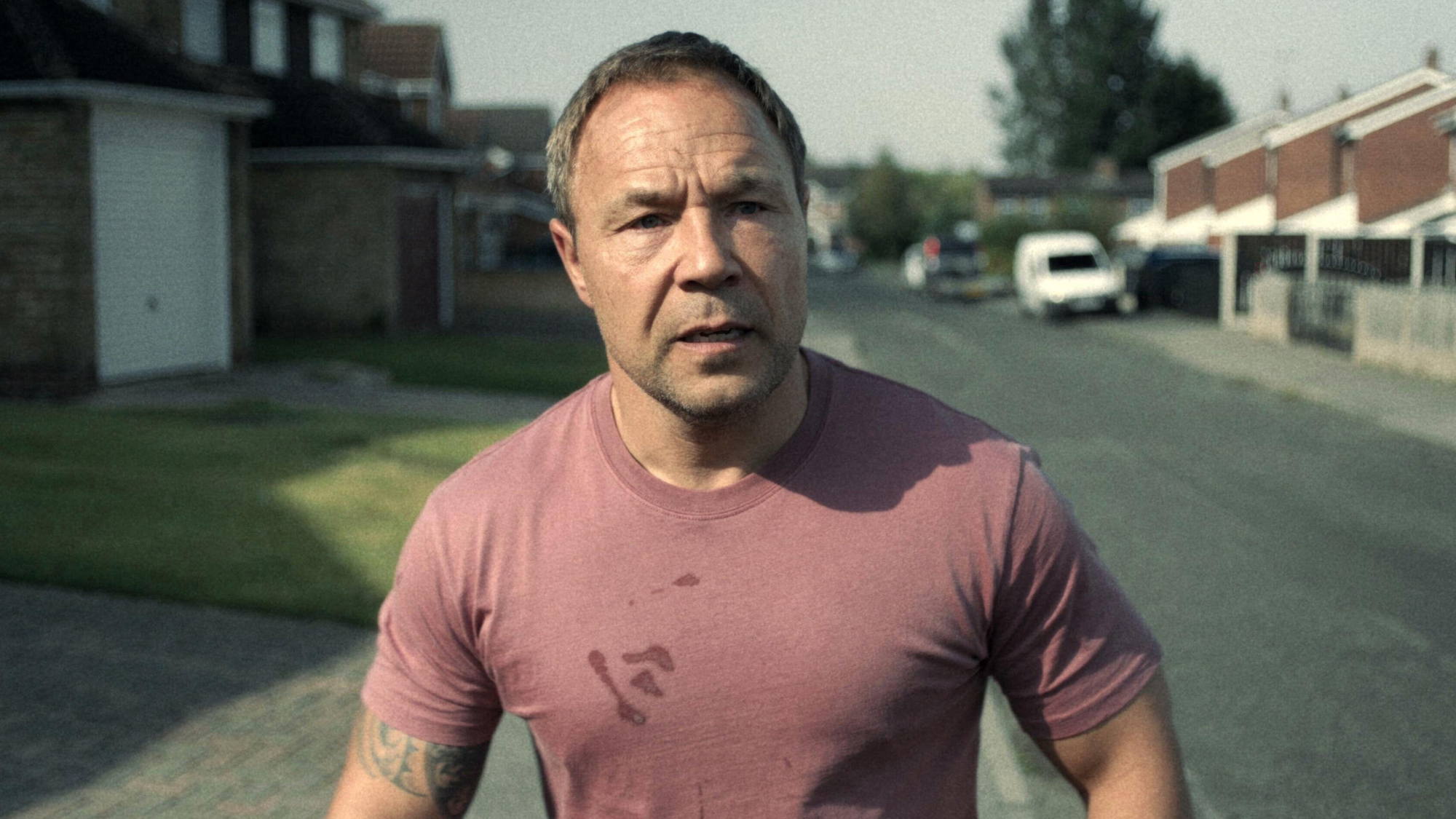The GOP should run its debates just like American Idol
It would be the smartest thing Republicans have done in years


We're almost certainly going to have more than a dozen Republican presidential candidates in the 2016 race. As The New York Times helpfully points out, six are already in (Carson, Cruz, Fiorina, Huckabee, Paul, Rubio) and seven more are all but certainly running (Bush, Christie, Graham, Jindal, Perry, Santorum, Walker). There are plenty more maybes, too — both serious (Kasich) and clowns (Trump).
This leaves GOP planners with a big and pressing question: How do you stage a debate when you can't even fit the participants on a single stage?
It's an unprecedented problem. There's never been a primary debate — in either party — with more than 10 candidates. And it's even more disconcerting to Republicans because they made a strong effort to limit the number of debates so it didn't turn into a circus like it did four years ago... when there were a mere nine candidates.
The Week
Escape your echo chamber. Get the facts behind the news, plus analysis from multiple perspectives.

Sign up for The Week's Free Newsletters
From our morning news briefing to a weekly Good News Newsletter, get the best of The Week delivered directly to your inbox.
From our morning news briefing to a weekly Good News Newsletter, get the best of The Week delivered directly to your inbox.
Fox News, which hosts the first debate on August 6, announced that it will limit participation to the top 10 contenders based on an average of the last five national polls. Maybe that sounds good on the surface... except that formula threatens to leave out a couple of sitting governors, a U.S. senator, and the only woman running.
CNN, which hosts the second debate on September 16, will literally divide the candidates into two tiers. That could lead to some interesting exchanges, as the lower-tier candidates try to get attention with less airtime.
Other proposed formulas, which exclude candidates by the amount of money raised or the number of staffers hired, also have their problems. Louisiana Gov. Bobby Jindal, one of the potential candidates who could be left off the stage, has even proposed two back-to-back debates with randomly selected participants.
All of this worrying and rule-making is intended to prevent the GOP presidential debates from becoming a political version of a reality show. But when you think about it, what's wrong with that?
A free daily email with the biggest news stories of the day – and the best features from TheWeek.com
Imagine if the debates were like American Idol, with candidates "performing" their answers to questions before a panel of "judges" — and ultimately the votes of television viewers across the country. At the end of each round, the poorest performing candidates would be "voted off" and wouldn't move to the next round.
Viewership of the debates would surge as Americans discussed with their friends and colleagues what happened on the "show" the previous night. And as more viewers voted to keep their favorite candidates around, more people would have a vested interest in the ultimate winner.
Just as the winners of American Idol often go on to became famous singers who sell out their concerts and sell many albums, the winner of the GOP presidential debate would have a ready-made constituency for the general election.
Some might think it's unseemly to treat a presidential campaign like a game show. But our politics have been evolving this way for more than 200 years. Our earliest presidents thought it unseemly to even campaign at all. They never left their homes.
The Republican Party has its strongest field of candidates in years. There is no fair way to pick those who would be allowed on the debate stage. Even with as few as 10 candidates, the debates will seem like a game show.
Why not just embrace that? A game show format might lead to the strongest general election candidate Republicans have had in years, too.
Taegan D. Goddard is the founder of Political Wire, one of the earliest and most influential political websites. He also runs Wonk Wire and the Political Dictionary. Goddard spent more than a decade as managing director and COO of a prominent investment firm in New York City. Previously, he was a policy adviser to a U.S. senator and governor. Goddard is also co-author of You Won — Now What? (Scribner, 1998), a political management book hailed by prominent journalists and politicians from both parties. Goddard's essays on politics and public policy have appeared in dozens of newspapers across the country, including The Washington Post, USA Today, Boston Globe, San Francisco Chronicle, Chicago Tribune, Philadelphia Inquirer, and Christian Science Monitor. Goddard earned degrees from Vassar College and Harvard University. He lives in New York with his wife and three sons.
-
 7 bars with comforting cocktails and great hospitality
7 bars with comforting cocktails and great hospitalitythe week recommends Winter is a fine time for going out and drinking up
-
 7 recipes that meet you wherever you are during winter
7 recipes that meet you wherever you are during winterthe week recommends Low-key January and decadent holiday eating are all accounted for
-
 Nine best TV shows of the year
Nine best TV shows of the yearThe Week Recommends From Adolescence to Amandaland
-
 Bari Weiss’ ‘60 Minutes’ scandal is about more than one report
Bari Weiss’ ‘60 Minutes’ scandal is about more than one reportIN THE SPOTLIGHT By blocking an approved segment on a controversial prison holding US deportees in El Salvador, the editor-in-chief of CBS News has become the main story
-
 Has Zohran Mamdani shown the Democrats how to win again?
Has Zohran Mamdani shown the Democrats how to win again?Today’s Big Question New York City mayoral election touted as victory for left-wing populists but moderate centrist wins elsewhere present more complex path for Democratic Party
-
 Millions turn out for anti-Trump ‘No Kings’ rallies
Millions turn out for anti-Trump ‘No Kings’ ralliesSpeed Read An estimated 7 million people participated, 2 million more than at the first ‘No Kings’ protest in June
-
 Ghislaine Maxwell: angling for a Trump pardon
Ghislaine Maxwell: angling for a Trump pardonTalking Point Convicted sex trafficker's testimony could shed new light on president's links to Jeffrey Epstein
-
 The last words and final moments of 40 presidents
The last words and final moments of 40 presidentsThe Explainer Some are eloquent quotes worthy of the holders of the highest office in the nation, and others... aren't
-
 The JFK files: the truth at last?
The JFK files: the truth at last?In The Spotlight More than 64,000 previously classified documents relating the 1963 assassination of John F. Kennedy have been released by the Trump administration
-
 'Seriously, not literally': how should the world take Donald Trump?
'Seriously, not literally': how should the world take Donald Trump?Today's big question White House rhetoric and reality look likely to become increasingly blurred
-
 Will Trump's 'madman' strategy pay off?
Will Trump's 'madman' strategy pay off?Today's Big Question Incoming US president likes to seem unpredictable but, this time round, world leaders could be wise to his playbook
